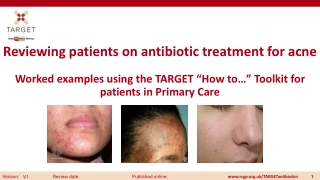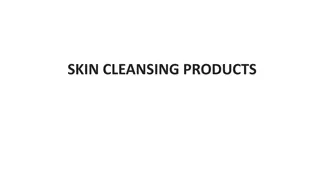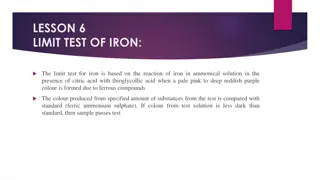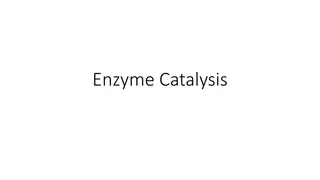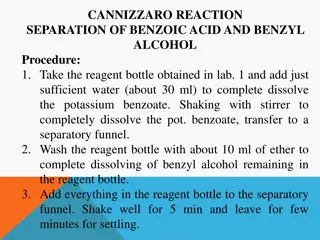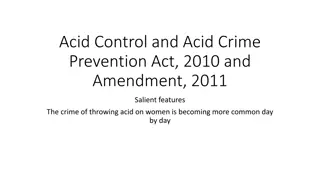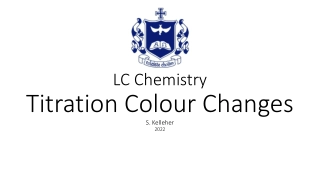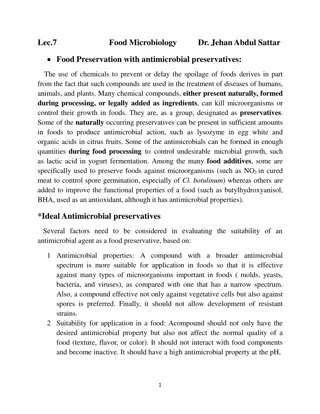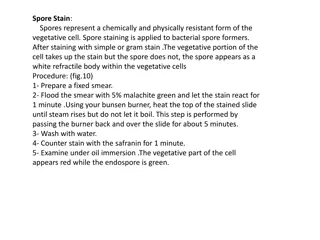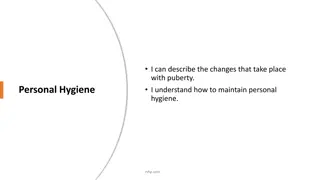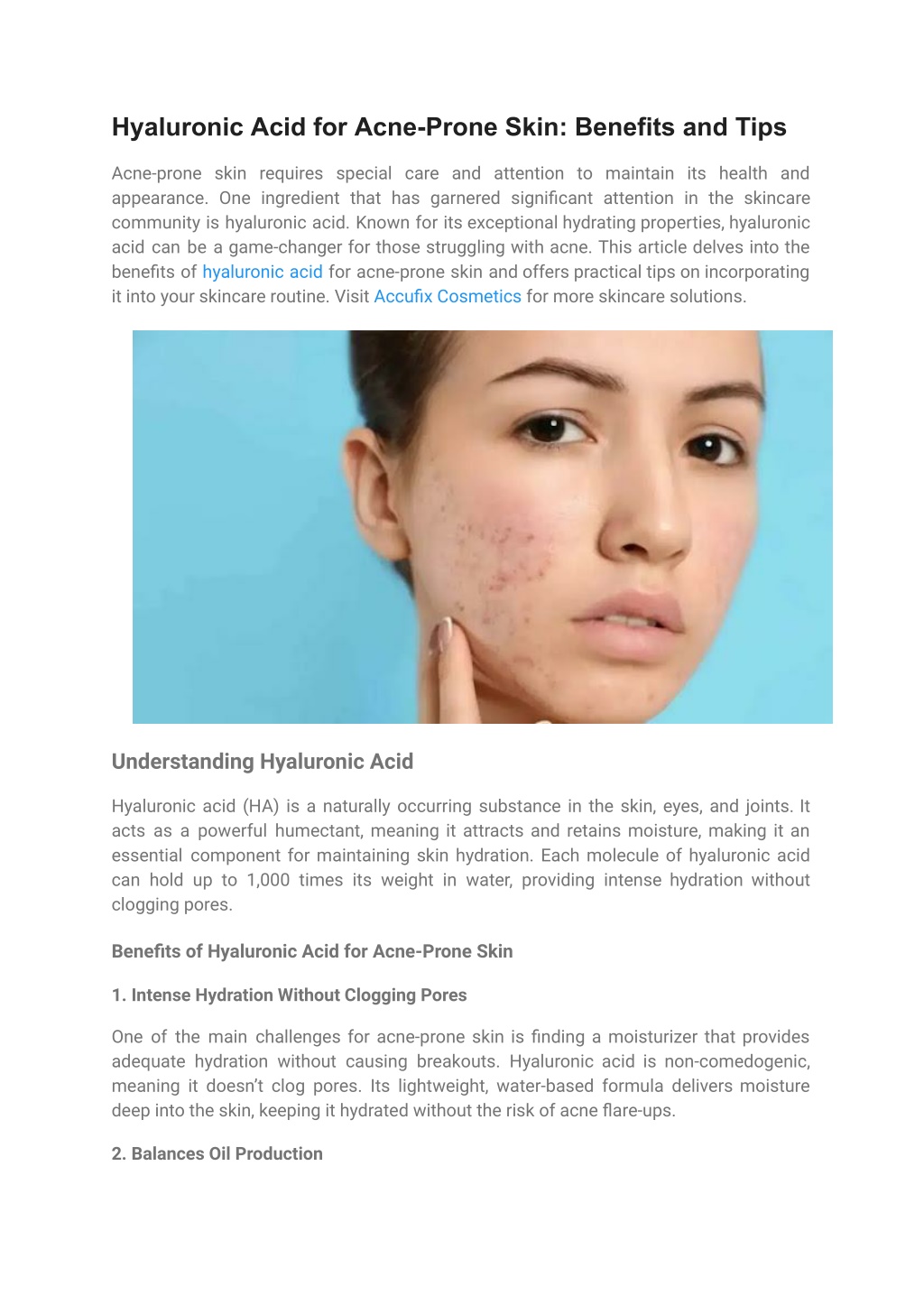
Hyaluronic Acid for Acne-Prone Skin Benefits and Tips
Acne-prone skin requires special care and attention to maintain its health and appearance. One ingredient that has garnered significant attention in the skincare community is hyaluronic acid. Known for its exceptional hydrating properties, hyaluronic
Download Presentation

Please find below an Image/Link to download the presentation.
The content on the website is provided AS IS for your information and personal use only. It may not be sold, licensed, or shared on other websites without obtaining consent from the author. Download presentation by click this link. If you encounter any issues during the download, it is possible that the publisher has removed the file from their server.
E N D
Presentation Transcript
Hyaluronic Acid for Acne-Prone Skin: Benefits and Tips Acne-prone skin requires special care and attention to maintain its health and appearance. One ingredient that has garnered significant attention in the skincare community is hyaluronic acid. Known for its exceptional hydrating properties, hyaluronic acid can be a game-changer for those struggling with acne. This article delves into the benefits of hyaluronic acid for acne-prone skin and offers practical tips on incorporating it into your skincare routine. Visit Accufix Cosmetics for more skincare solutions. Understanding Hyaluronic Acid Hyaluronic acid (HA) is a naturally occurring substance in the skin, eyes, and joints. It acts as a powerful humectant, meaning it attracts and retains moisture, making it an essential component for maintaining skin hydration. Each molecule of hyaluronic acid can hold up to 1,000 times its weight in water, providing intense hydration without clogging pores. Benefits of Hyaluronic Acid for Acne-Prone Skin 1. Intense Hydration Without Clogging Pores One of the main challenges for acne-prone skin is finding a moisturizer that provides adequate hydration without causing breakouts. Hyaluronic acid is non-comedogenic, meaning it doesn t clog pores. Its lightweight, water-based formula delivers moisture deep into the skin, keeping it hydrated without the risk of acne flare-ups. 2. Balances Oil Production
When the skin is dehydrated, it often compensates by producing more oil, leading to clogged pores and acne. By providing intense hydration, hyaluronic acid helps balance the skin s oil production. This balance reduces the likelihood of excess oil build-up, which can exacerbate acne. 3. Soothes and Calms Irritated Skin Acne-prone skin is often sensitive and prone to redness and irritation. Hyaluronic acid has soothing properties that help calm inflamed skin. Its gentle, hydrating nature supports the skin s natural barrier, reducing redness and irritation associated with acne. 4. Enhances Skin Healing Acne can leave the skin with blemishes and scars. Hyaluronic acid promotes faster wound healing by regulating inflammation levels and stimulating the production of new skin cells. This property can help reduce the appearance of acne scars over time. 5. Improves Skin Texture and Elasticity Consistent use of hyaluronic acid can lead to improved skin texture and elasticity. By keeping the skin hydrated, it appears plumper and more youthful. For acne-prone skin, maintaining a healthy texture can help reduce the appearance of acne and make the skin look smoother and more even. Tips for Using Hyaluronic Acid on Acne-Prone Skin 1. Choose the Right Formulation
When selecting a hyaluronic acid product, its essential to choose the right formulation. Look for serums or moisturizers specifically designed for acne-prone skin. These products are often lightweight and contain additional ingredients that help combat acne. 2. Incorporate it Into Your Skincare Routine To maximize the benefits of hyaluronic acid, incorporate it into your daily skincare routine. Apply it after cleansing and toning, but before heavier creams and sunscreens. This allows the hyaluronic acid to penetrate the skin effectively. 3. Pair with Complementary Ingredients Hyaluronic acid can be paired with other skincare ingredients to enhance its benefits. For acne-prone skin, consider combining it with niacinamide, a powerful anti-inflammatory agent that reduces redness and regulates oil production. Additionally, pairing hyaluronic acid with salicylic acid can help exfoliate and unclog pores, further preventing acne breakouts. 4. Use Consistently Consistency is key when using hyaluronic acid. Apply it twice daily, morning and night, to maintain optimal hydration levels. Over time, you ll notice improvements in your skin s texture, hydration, and overall health. 5. Patch Test New Products Acne-prone skin can be sensitive to new products. Always perform a patch test before incorporating a new hyaluronic acid product into your routine. Apply a small amount to a discreet area of your skin and monitor for any adverse reactions over 24-48 hours. 6. Stay Hydrated Hyaluronic acid works best when your body is adequately hydrated. Drinking plenty of water throughout the day ensures that the hyaluronic acid in your skincare products can function optimally, keeping your skin plump and hydrated. Additional Skincare Tips for Acne-Prone Skin
While hyaluronic acid can significantly benefit acne-prone skin, its important to follow a comprehensive skincare routine. Here are some additional tips: 1. Gentle Cleansing Use a gentle, non-comedogenic cleanser to remove dirt, oil, and makeup without stripping your skin of its natural oils. Avoid harsh scrubs or cleansers with strong fragrances, as these can irritate acne-prone skin. 2. Exfoliate Regularly Regular exfoliation helps remove dead skin cells that can clog pores and cause acne. Use a chemical exfoliant like salicylic acid or glycolic acid, which can penetrate deep into the pores and prevent breakouts. 3. Moisturize Daily Even if you have oily skin, moisturizing is essential. Choose a lightweight, oil-free moisturizer that won t clog pores. Hyaluronic acid-based moisturizers are excellent choices for maintaining hydration without causing breakouts. 4. Protect with Sunscreen Sun protection is crucial for all skin types, especially acne-prone skin. Look for a broad-spectrum, non-comedogenic sunscreen with an SPF of at least 30. Sunscreen helps prevent hyperpigmentation and protects against the harmful effects of UV rays.
5. Avoid Touching Your Face Touching your face can transfer bacteria and oils from your hands to your skin, leading to breakouts. Keep your hands away from your face as much as possible, and avoid picking or squeezing pimples, as this can cause further inflammation and scarring. 6. Healthy Diet and Lifestyle A healthy diet and lifestyle can have a positive impact on your skin. Avoid excessive consumption of sugary or greasy foods, which can trigger acne. Incorporate fruits, vegetables, and foods rich in omega-3 fatty acids into your diet. Regular exercise and adequate sleep also contribute to overall skin health. Conclusion Hyaluronic acid offers numerous benefits for acne-prone skin, from providing intense hydration to soothing irritation and enhancing skin healing. By incorporating this powerful ingredient into your skincare routine, you can achieve a healthier, more balanced complexion. Remember to choose the right formulation, pair it with complementary ingredients, and use it consistently for the best results. For more skincare solutions and expert advice, visit Accufix Cosmetics. Embrace the power of hyaluronic acid and take the first step towards clearer, healthier skin today


